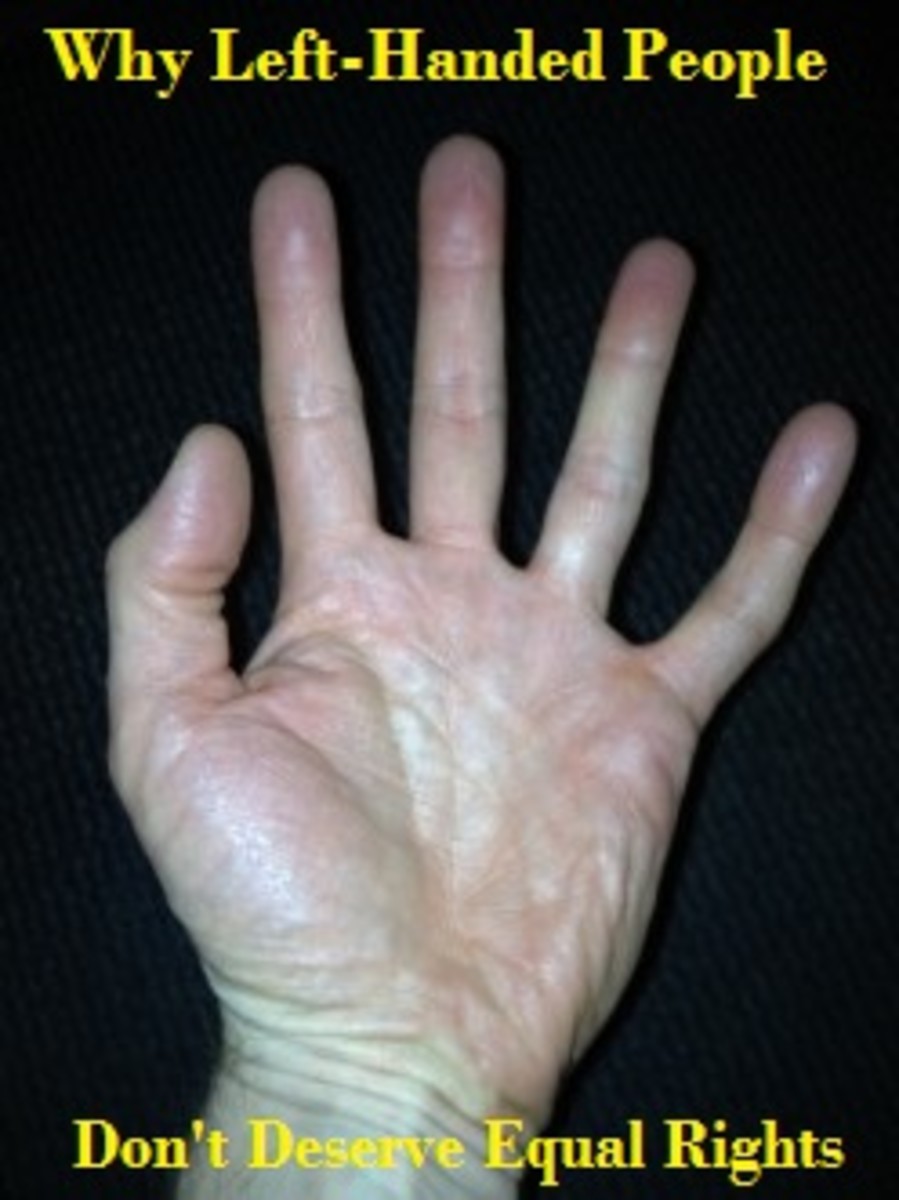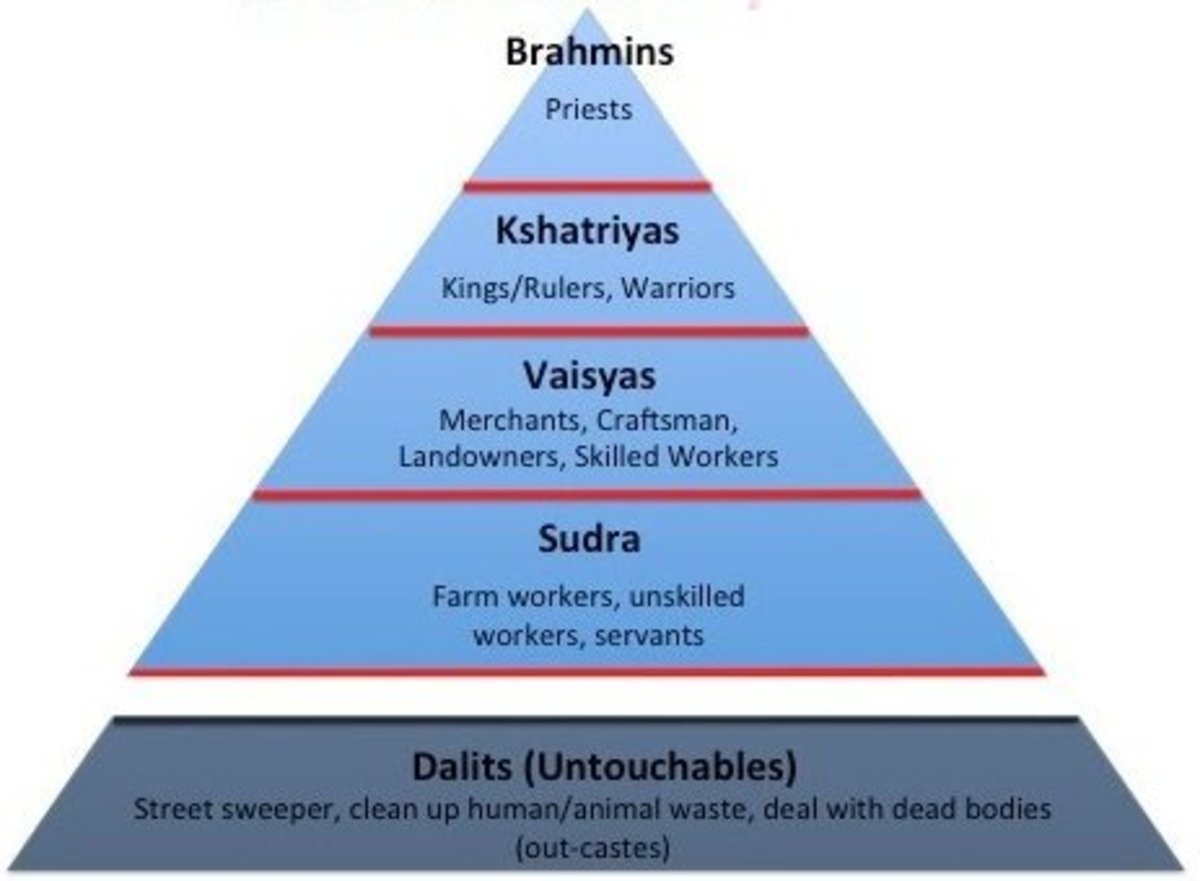What does Community truly mean?
Mannaz

What's in the word Community?
The politicization of language is a thing which I have recently become fascinated with, and so I'm very curious for feedback on this. The word of the hour for me is 'Community' as it seems to me that this is currently the most abused word in the western political lexicon. Very often it is tossed about without regard to actual meaning or even whether it is appropriate in context.
Community used to be synonymous with neighborhood, village, or the inhabitants of a region. Today, with the explosion of telecommunication, I assert that we can extrapolate from the increasingly virtual nature of our society that culture has replaced geography for purposes of community membership. In politics however, association seems to be as whimsical as the melanin content in your skin or your position on the political compass.
One of the defining points about this word as opposed to another word similar in meaning such as 'Population' is the implication of organization. A community has structure, as such this word implies leadership and mutual discourse. A population, on the other hand, is a body of individuals who may have no relation at all.
This is what makes this particular word controversial.
Increasingly, the term 'Community' has been used to address more and more loosely defined groups. Perhaps the example most addressed in this fashion is the so-called 'Black Community'. It could be as simple as this sounds better than saying 'Black Population', but is this really an appropriate term? This may be an uncomfortable topic, but that makes it all the more important that this be addressed.
When we speak of broad swathes of people as 'Communities', we are creating artificial generalities. We are ascribing to them commonalities that may not even exist in reality, and this is why I say that 'Generalizations are Generally Wrong'. This is also why I propose that the minimal point of commonality for a group to be referred to as a 'Community' be a shared culture.
President Franklin Roosevelt was responsible for the internment of over 120,000 Japanese Americans during World War 2. He did this under the assumption that they constituted a 'Community' who owed greater allegiance to Japan than the United States because they were different in appearance than the Western stock that constituted the majority populace. This is why he interred them and not the Russian or German descended folk, who we were also at equal odds with at the time. No consideration was even given as to whether they clung to the culture of their homeland or if they had embraced American culture, hence the disregard as to whether the Japanese Americans sent to the camps were returning combat veterans from the war.
Race alone cannot be the basis for an assumption of community because this is dangerously close to bigotry, as demonstrated by Democrat hero FDR. Does this mean that there is no such thing as a racially oriented community? Of course not because most places here in the West have freedom of association. But, race does not equal culture.
What about religion?
Religion is a much more plausible point of commonality when we speak of communities as therein we can find structure and agreement. It is still a dangerous assumption to make, however. The broader the usage, the greater the danger of fallacy as in all generalizations.
The Christian Community is a favorite example of this. It's true, there are Christian communities and there can be found large areas of agreement therein. However, there are also large points of contention and areas of dissociation that discourage a larger community. In other words, the denominations clash. A few examples of this...
- Pentecostals believe bodily skin should be covered to avoid inciting lust.
- Certain Baptist denominations believe that dancing should be avoided to keep from eliciting sin.
- Various Christian denominations (such as Ethiopian Orthodox and Southern Baptist) believe that certain forms of music are sinful and are therefore to be avoided and discouraged.
- There is no consensus on speaking in tongues. Some think it's a sign of demonic possession, some think it's a sacred feat.
The list goes on with this, and is the source of the abundance of denominations. Jehovah's Witnesses are Christians who are often distrusted by other Christians, and indeed have been ostracized by governments throughout history (under Hitler's regime, they had to wear a purple triangle. Rather similar treatment to the Jews). So yes, they all believe in one God and agree that Jesus is their savior, but they also feel rather strongly about the finer details that come after.
In Conclusion
We need to police the language of the mainstream media now more than ever. For this reason I am asking: what does Community truly mean today? Do we need to reclaim this word, and if so, what other words require the hawk's eye of due diligence?
Words matter, especially in politics. It is one thing when a word is used in passing or off the cuff, but it is quite another when it is used in profligate fashion. Meaning and implication are vital subjects, especially where matters of state and public representation are concerned. These are fine points to take individuals to task over because words are what shape and guide the public consciousness. When they lose meaning, so too does all else that follows in time.






